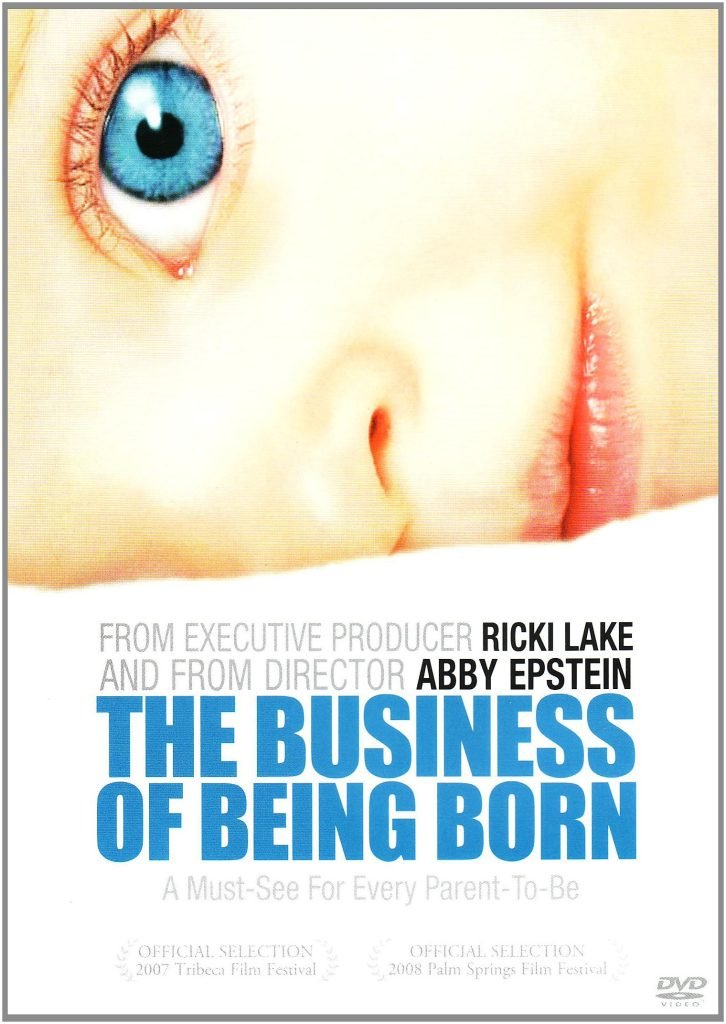The idea of birthing at home has become pretty foreign to most Americans. When you are pregnant, you see a doctor. When you go into labor, you go to the hospital. It’s safer. Or even if it’s not safer, at least you’re in a hospital if something goes wrong. What if your baby dies? What if you die? These are legitimate concerns – concerns which tend to make most women believe that they have no other option.
Before I go any further, I want to be clear that I believe doctors are essential for many pregnancies and births. I feel like it would be irresponsible to claim that any woman can birth at home. High-risk pregnancies and women who develop serious complications during labor certainly belong in a hospital. It is unlikely that a midwife would even take on a client with these predispositions. My own midwife was very clear with me that we would immediately transfer to a hospital should complications arise. I am so grateful for the skilled OBGYNs who are saving women’s and babies’ lives every day through necessary interventions. On the other hand, I have personally seen and experienced uncomplicated, healthy births go awry when too many interventions are used without cause. Birth is a natural process, but is too often treated like an illness – particularly in the United States.
There seems to be an increasing awareness that something may be broken within our system. Statistics showing that maternal death rates have doubled in the last twenty-five years and one third of all babies are delivered by Cesarean section are concerning. Consequently, many women are seeking alternatives.
For me, a home birth was my only option. Uninsured, we could not afford a hospital birth even if we wanted one. Additionally, the fact that I wanted to have a VBAC (Vaginal Birth After C-Section) meant many doctors would not take me on as a patient. I researched my options extensively, and it seemed that birthing at home would give me the best chance for success.
Our plans to stay home were met with skepticism and concern, from friends and family alike. Despite my research and the faith I had in my birth team, I was afraid. It was vital for me to not allow others to feed into my fears, so my husband and I decided to keep the majority of our birth plan to ourselves. The sad thing about keeping this secret was that it perpetuated the idea that home birth isn’t normal. It may not be common here, but it is far from abnormal. I liked to remind myself that women have been doing this since the beginning of time, and they continue to do so in most parts of the world. I trusted the birth professionals I hired to guide me through labor and delivery at home, and I trusted them to make the call for a hospital transfer if necessary.

